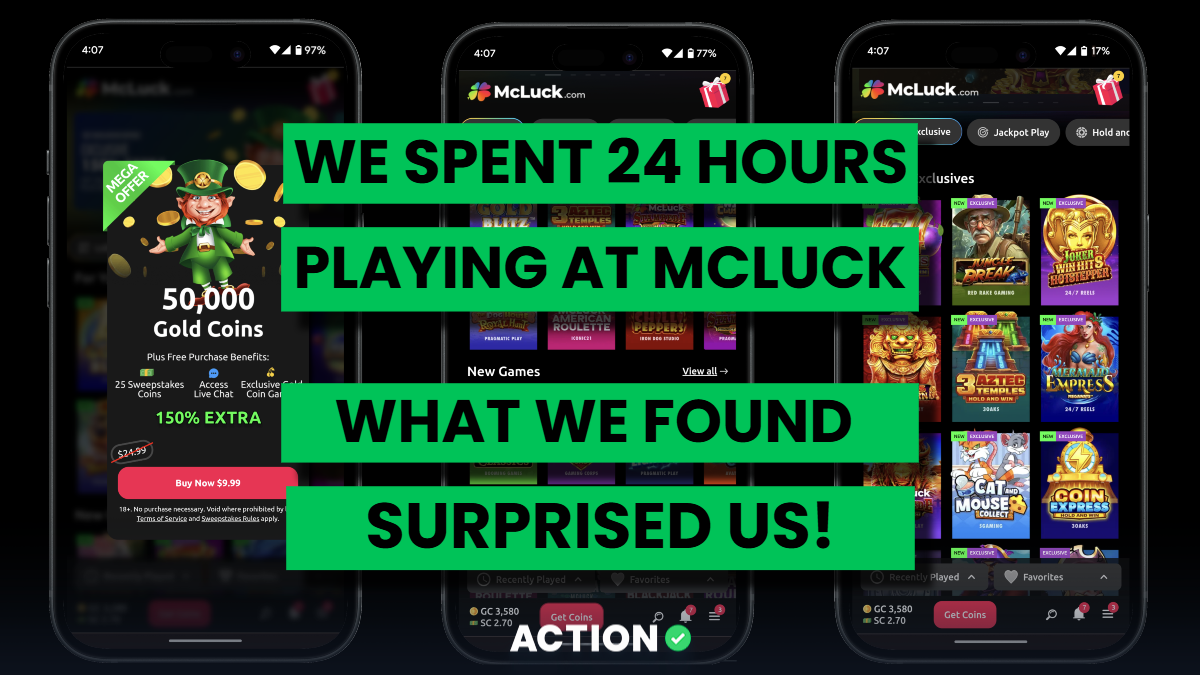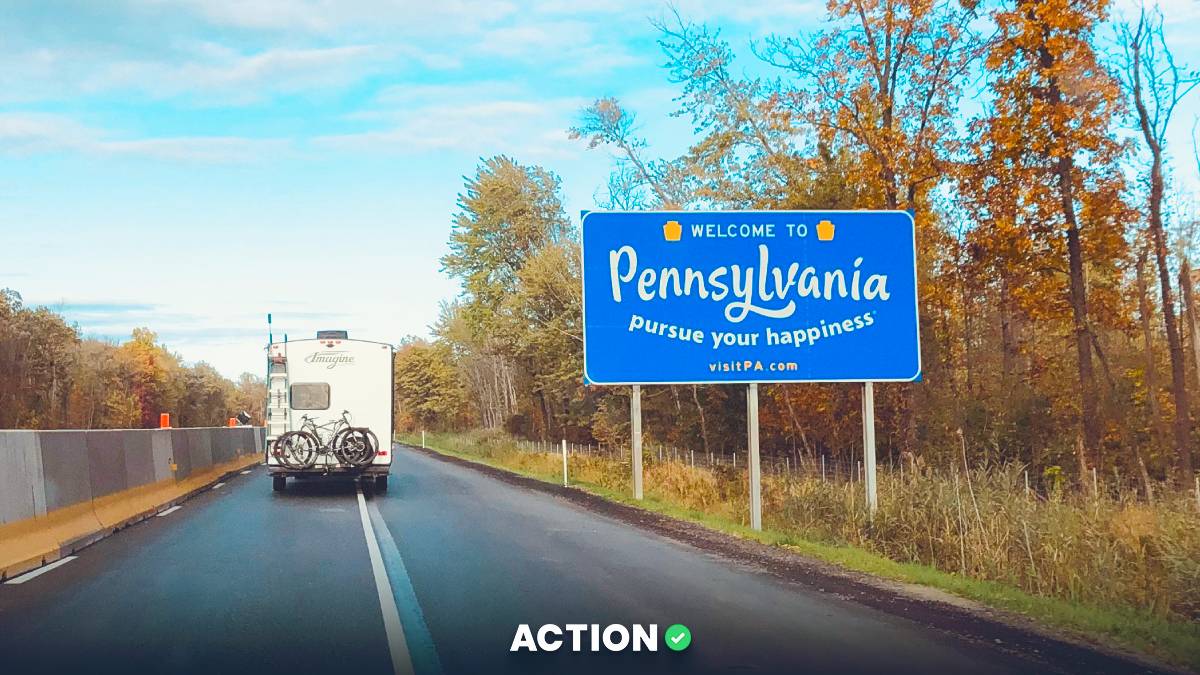Anyone who’s been feeling depressed about the slow rate of U.S. online casino expansion — and that’d be a lot of people — should watch a recording of iDEA Growth’s “Vision 2030: CEOs Chart the Future of Nationwide iGaming” webinar, which took place in real time on Friday, Sept. 20, at noon ET.
It’ll make iCasino advocates feel a whole lot better about the future.
Granted, all three of the CEOs involved in this discussion — GeoComply’s Anna Sainsbury, Continent 8’s Michael Tobin and Matt Olin of Arizona’s San Carlos Apache Gaming Enterprise — have a vested interest in that future being rosy.
Olin, who heads up a tribal gaming enterprise, would be the one who might be most expected to express reservations about online casino expansion. But early on in the discussion, which was moderated by iDEA’s general counsel, Jeff Ifrah, Olin said he considered iGaming to be “the expansion of the gaming industry to an entirely new demographic.”
Speaking to the dynamic between brick-and-mortar casinos and online casino games, he added, “When done properly, the complement each other,” and suggested that casinos should embrace both mediums by tying them together in promotional packages offered to customers.
Sainsbury was more blunt: “Being fearful of cannibalization is not the right way to handle innovation. The fact that you have more consumers to engage with is great for a brand."
She then turned to the South Nevadan mothership, saying, “Vegas has created an adult playground that has many different experiences for people. Sometimes people believe that doing nothing means that the competition is not there. By not legalizing sports betting or online casino, there's an assumption that you're protecting people. That's not true. If you're not embracing the new types of games Americans want to interact with, you're still pushing people to the illegal markets."
"The illegal market is our biggest competitor. They're not the person that has also got a license in each state."
Tobin, who founded his gaming-focused tech and data company 26 years ago, seemed to echo Sainsbury when he said that “iGaming is essential to protecting the consumer.” But rather than lean on the tried and true bogeyman of offshore operators, he approached things from a free-market angle, saying that the rapid legalization of online casino across more states would allow legitimate companies to operate here that wouldn’t otherwise because just being able to offer sports betting “is not enough to compete” given its relatively small margins.
Sure enough, there’s been a rash of consolidation among sports betting operators over the past two years, with U.K. behemoth Betfred most recently announcing its intention to leave Arizona and indicating that it might soon abandon the U.S. market altogether.
‘Responsible to Entertain’
When the topic of sweepstakes casinos came up, Sainsbury urged state regulators to get off the fence and come out with concrete opinions on where they stand on certain types of gaming products.
"If they can be offered fair and secure and they can be auditable, what are we saying no to?” she wondered. “This is an evolving and entertaining industry we're in, and we're responsible to entertain. If we can't do it as a legal market, someone who is offshore who doesn't want to pay tax is going to service that market."
No discussion would be complete without mention of California, the most populous state without any form of legal online gambling. To this end, Olin remarked that mobile casino and sports betting legalization “would be extremely beneficial to California tribes” as long as they are they maintain their status as the exclusive purveyors of such forms of gambling.
As a cautionary tale, Olin brought up his home state of Arizona. There, the tribes agreed to a framework where they would split available sports wagering licenses 50-50 with purely commercial operators — and those commercial operators have since gone on to dominate market share.
Unsurprisingly, all three CEOs were in lockstep in believing that the U.S. iGaming landscape will be quite fertile between now and 2030, with Sainsbury and Tobin staking out particularly bullish stances.
"I do hope that we do see each U.S. state permitting and regulating online sports and iGaming,” said Sainsbury. “The movement to digital identity, digital wallets is going to be much further embraced than we can ever imagine today."
"Every state will be licensing some form of iGaming by then, even the most conservative environments,” added Tobin. “Internet-based entertainment is going to be how people spend part of their leisure time. There is going to be a responsibility for governments to place guardrails."



















































